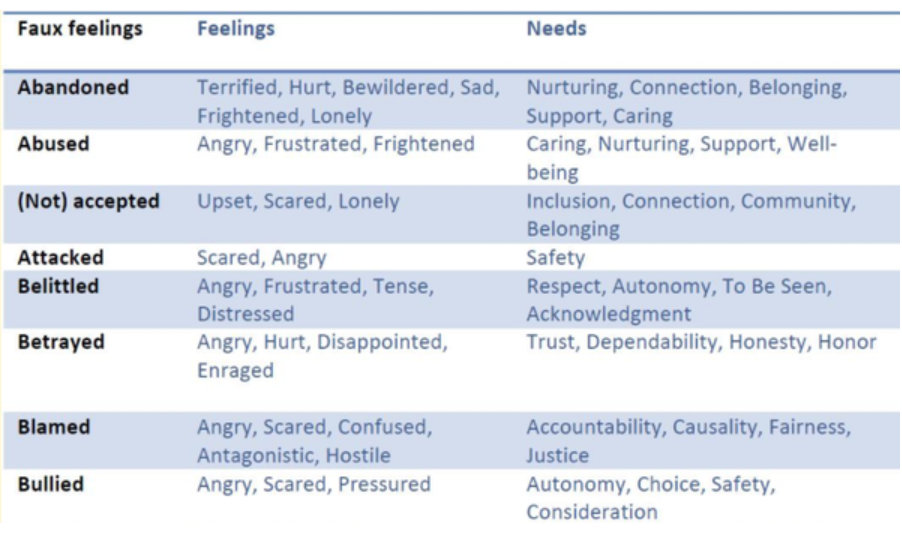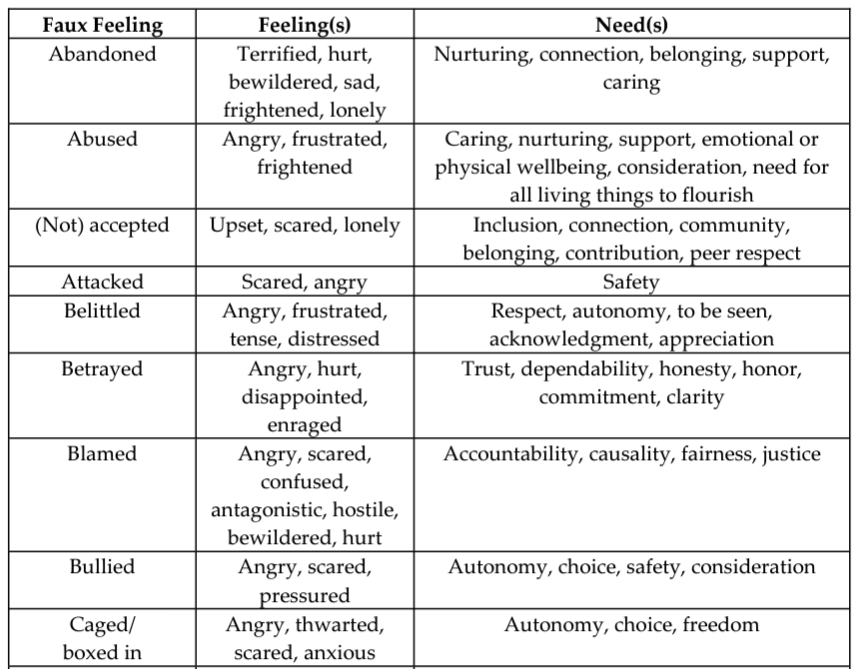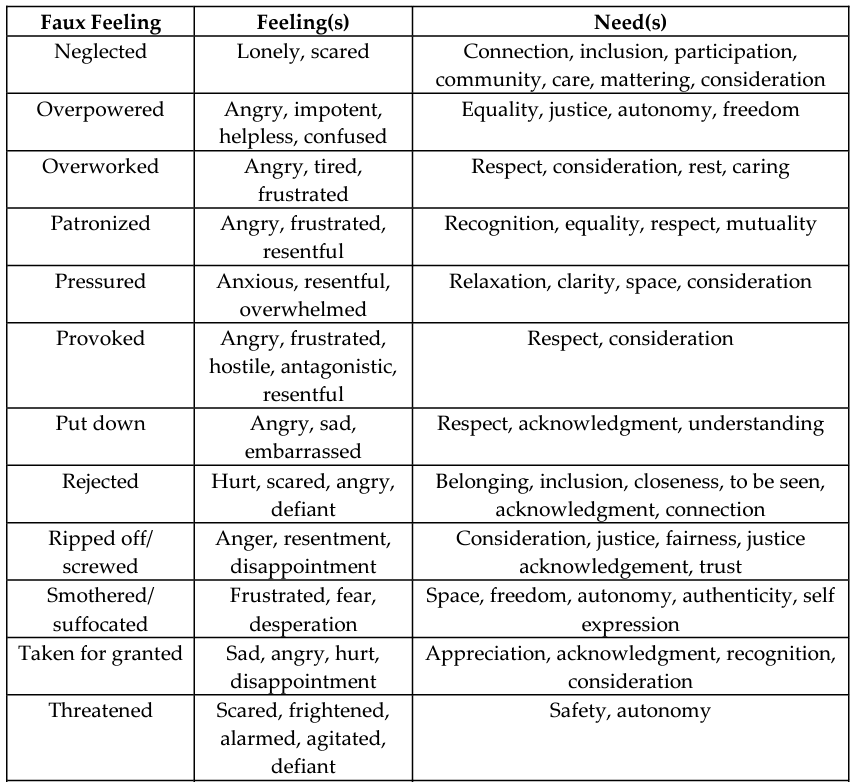Mediators support people resolve conflict.
To do so, they need to work with emotions.
Yet, a lot of the time, the participants are not in touch with their emotions or feelings.
And are more in touch with their judgments of what the other participant did wrong.
So, when they think they are expressing their feelings, they are often revealing their judgments of the other.
I was once mediating an internal workplace conflict.
The manager and her subordinate had been friends when they worked together as peers.
She got the promotion to be the manager.
He thought someone else should have.
That was a year ago.
Now their relationship was strained.
They were in mediation.
She was sharing how he had always been so supportive of her, before the promotion.
No longer.
Now, it seemed, he was focused on second guessing and playing ‘gotcha’.
She bit her lip gently as the muscle at the end of her chin spasmed up involuntarily.
Barely perceptibly, she teared up.
And said:
“I felt betrayed!”
But is betrayed a feeling?
Some would say no.
That 'betrayed' is not a pure feeling but rather a faux feeling.
Faux feelings are also called non-feeling words.
The Asheville Center for Compassionate Communication says non-feeling words are words describing your judgment of "what others are doing to you."
They suggest that although the words feel or felt commonly precedes words like betrayed, they are not true feelings.
Rather, they are judgments of what the other has done wrong, and why they are to blame.
Other examples of faux feelings include attacked, bullied, blamed, belittled, discounted, left out, manipulated, provoked, put down and victimized.
The term faux, which suggests something is 'fake', is unfortunate as their expression provides a gateway into what is really going on emotionally.
It may not be the kindest expression, but it is often more honest.
More real.
Because, for every faux or non-feeling word, there are authentic feelings (not tainted by judgement), that point to needs not met, waiting for discovery.
So, for example, behind betrayal we often find anger, hurt and disappointment.
Suggesting the possible need for trust, dependability, honor, commitment and clarity in the relationship.
The ideal is that we express ourselves using words to describe what we noticed about our emotional sensations and the authentic feelings we associated, without judgment.
The reality, certainly in mediation, is that participants are not always capable of doing so.
And so, when they do use words like betrayed, consider seeing it as an opportunity to reframe the conversation away from judgment, and back to feelings and needs.
Here’s an image with some examples of ‘faux feelings’:
Returning to my mediation.
Using the wisdom, that behind judgments are valid feelings and needs, I was able to acknowledge the hurt and disappointment I'd seen on her face.
And through gentle probing, establish that she was angry too.
Importantly she was able to confirm her need to be able to depend on her subordinate, and restore trust.
All of this had a cathartic affect.
And contributed to a resolution that day.
So, I say yes to faux feelings.
And put them to good use.
To get to the heart of the matter.
By refocusing on feelings and needs.
To support a lasting resolution.





